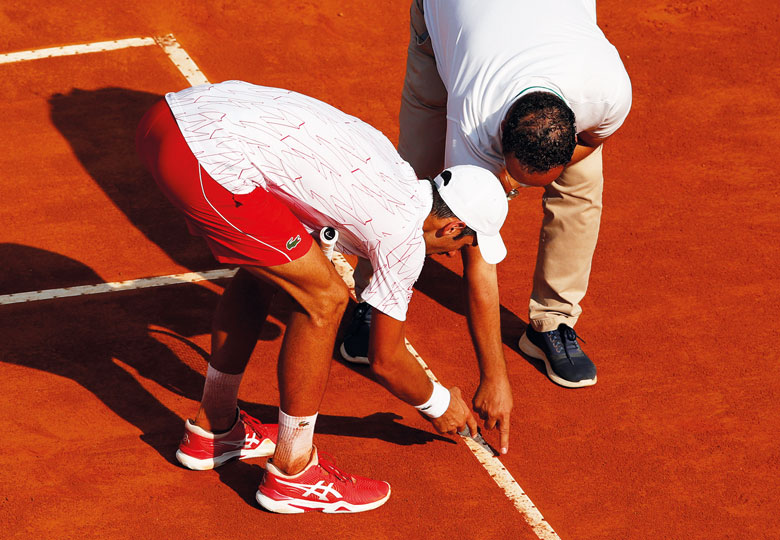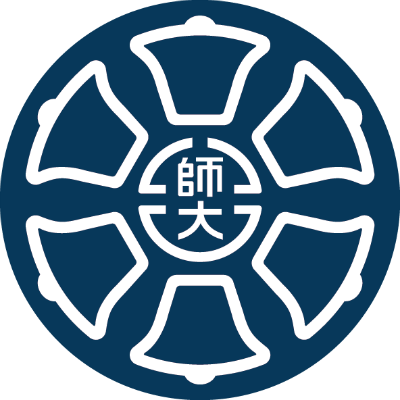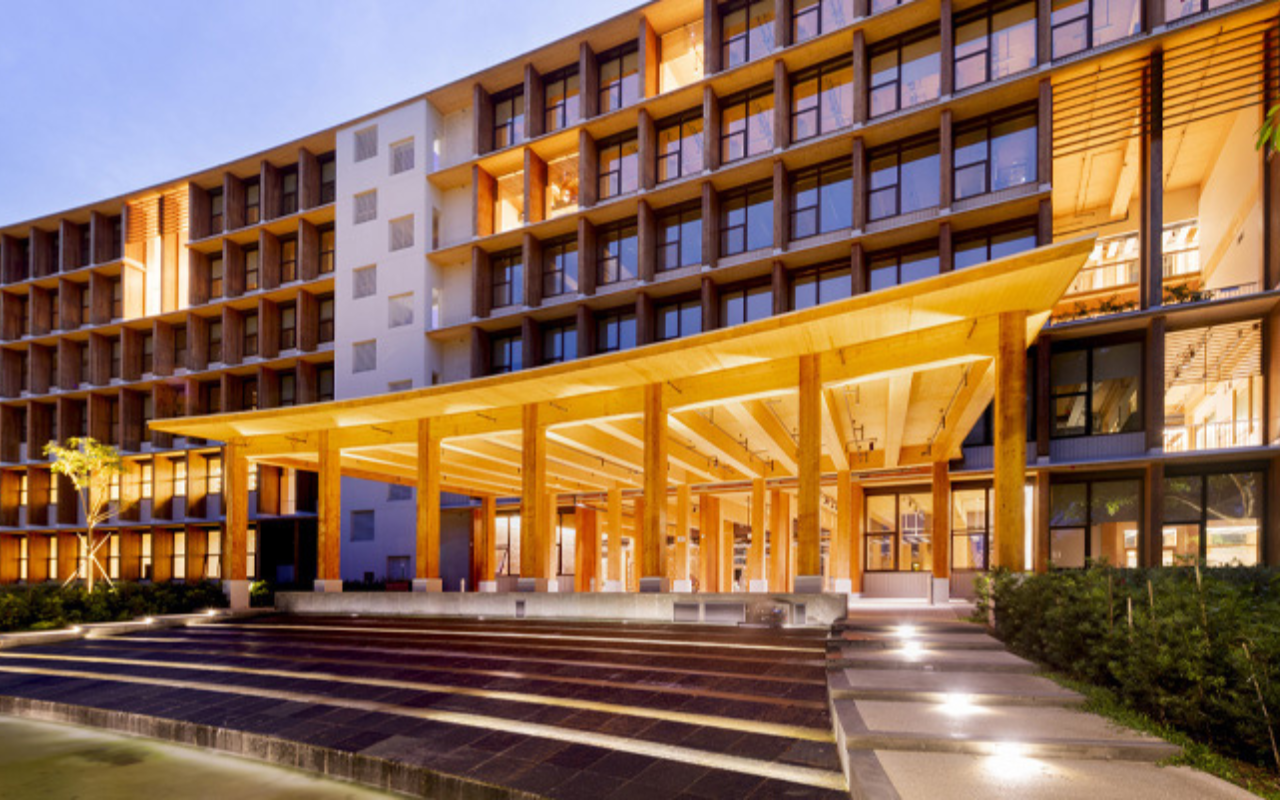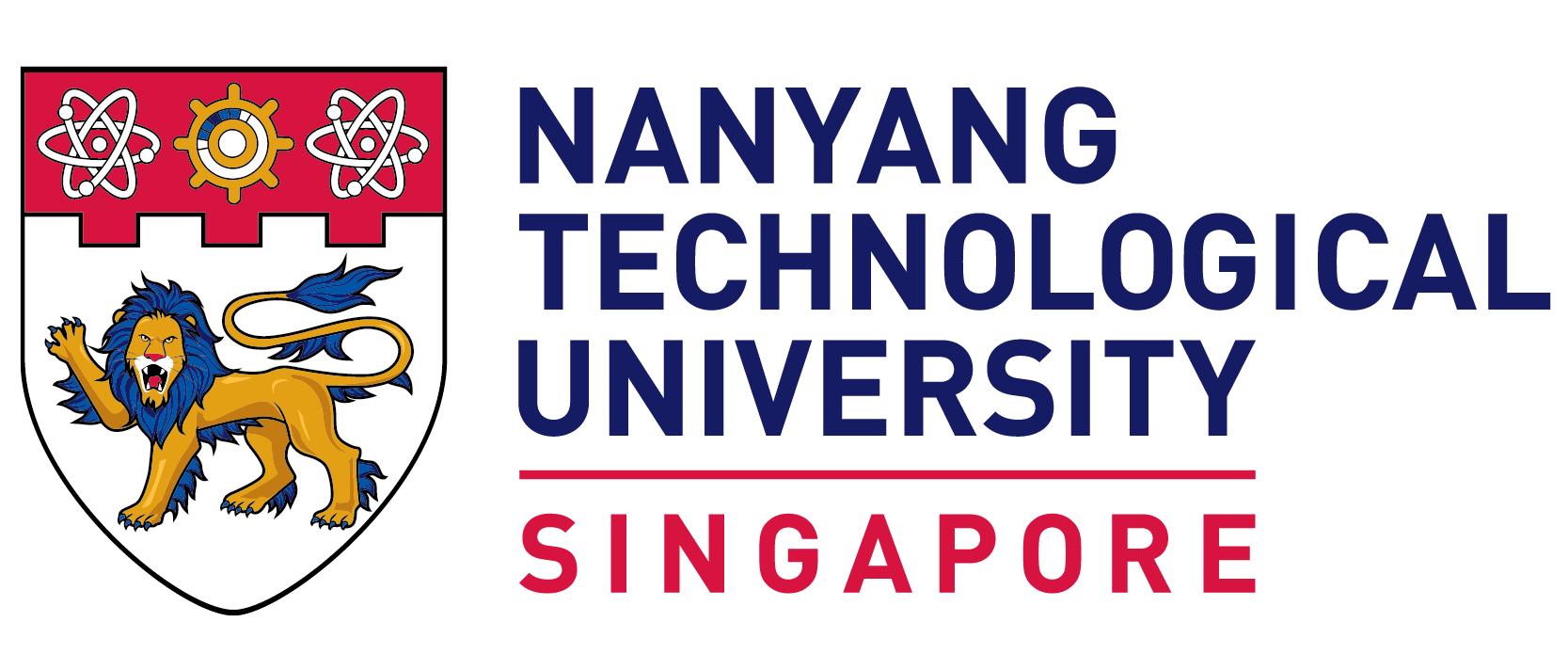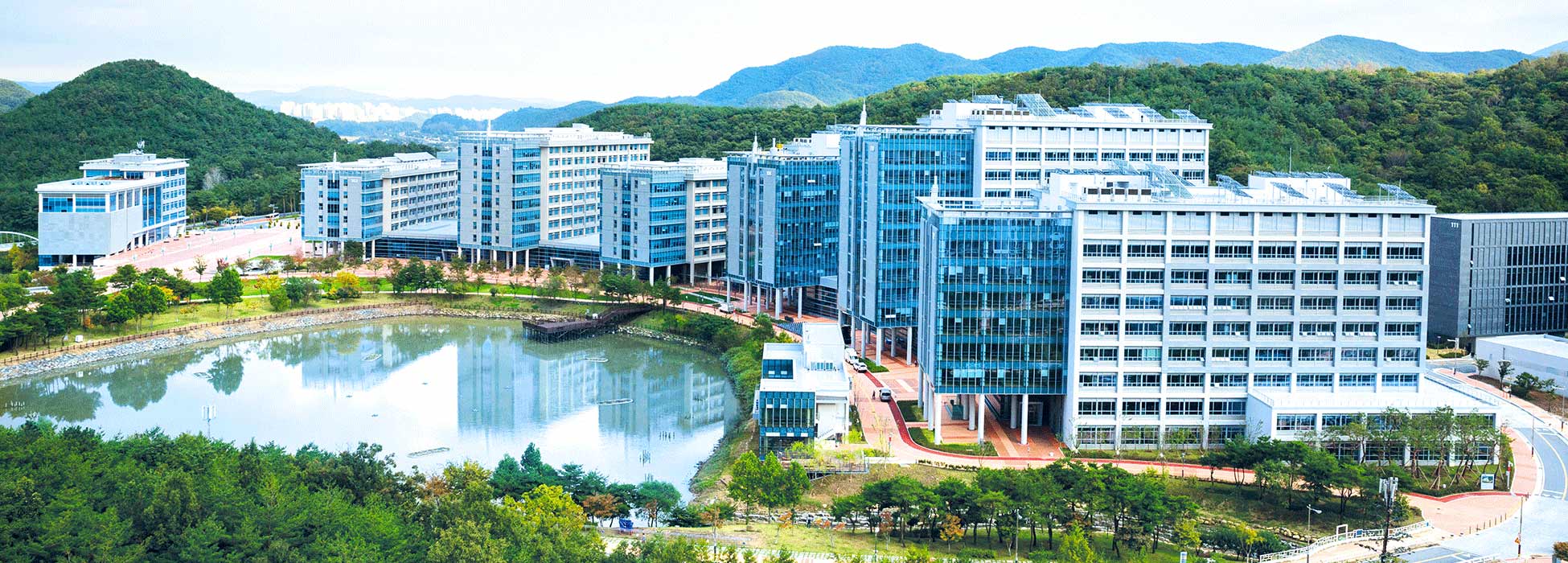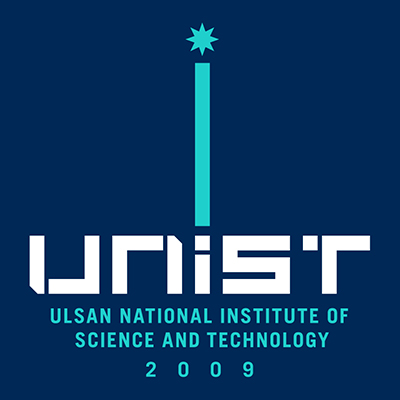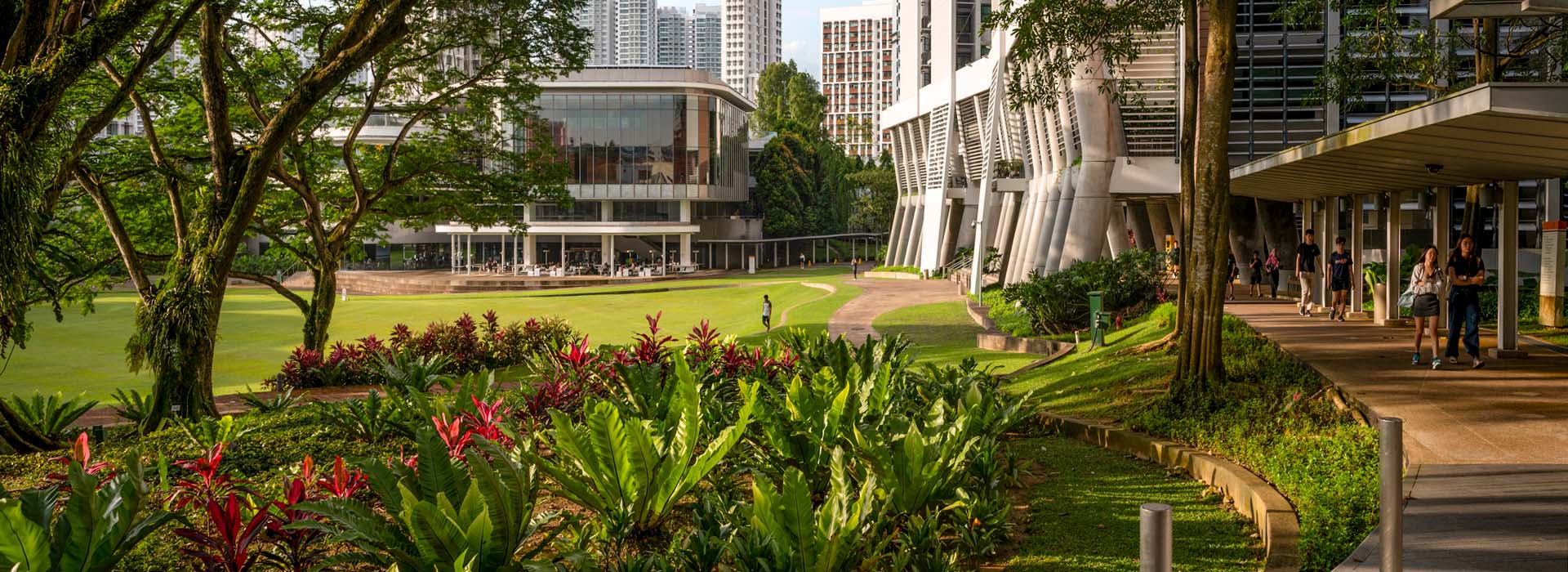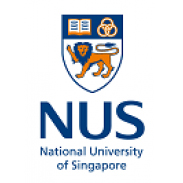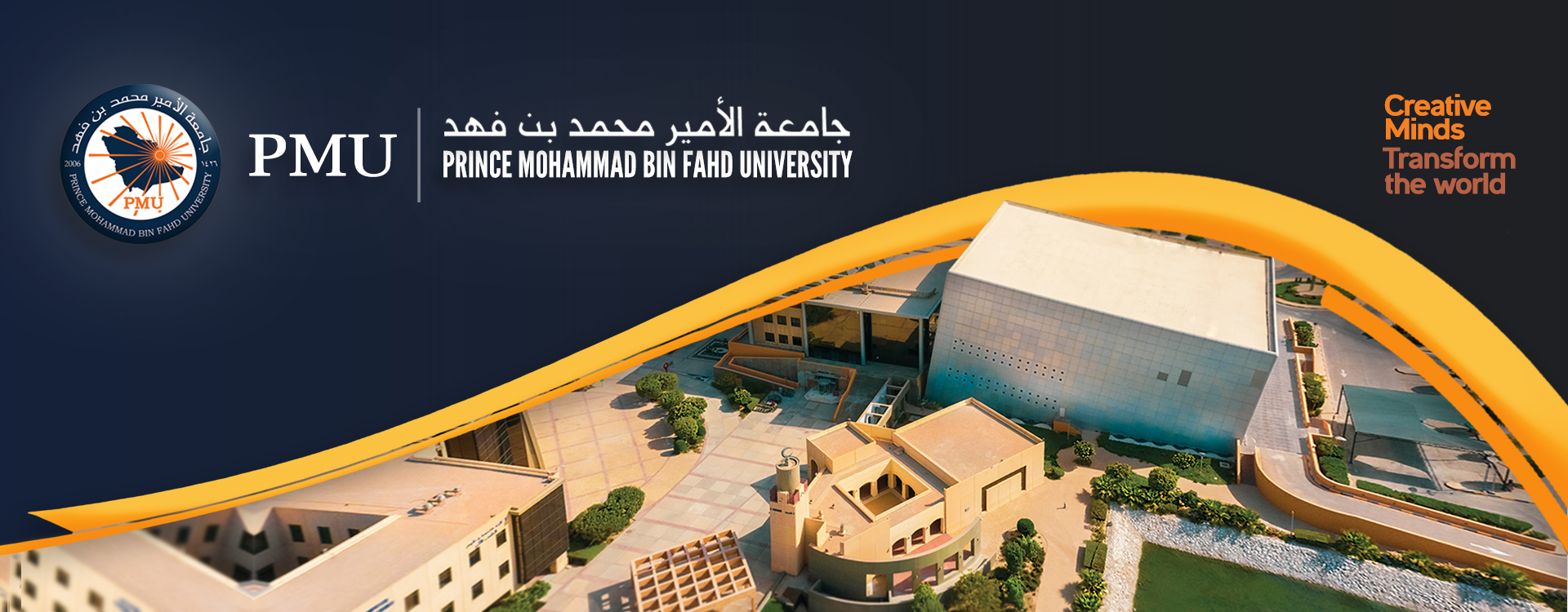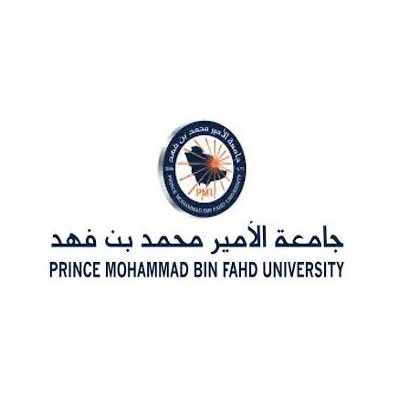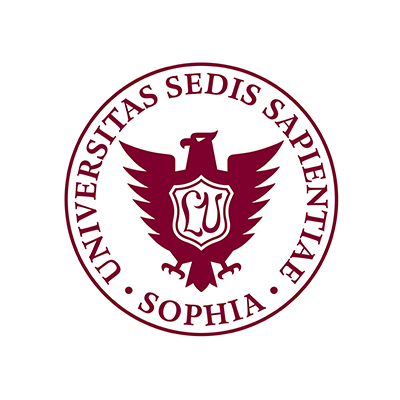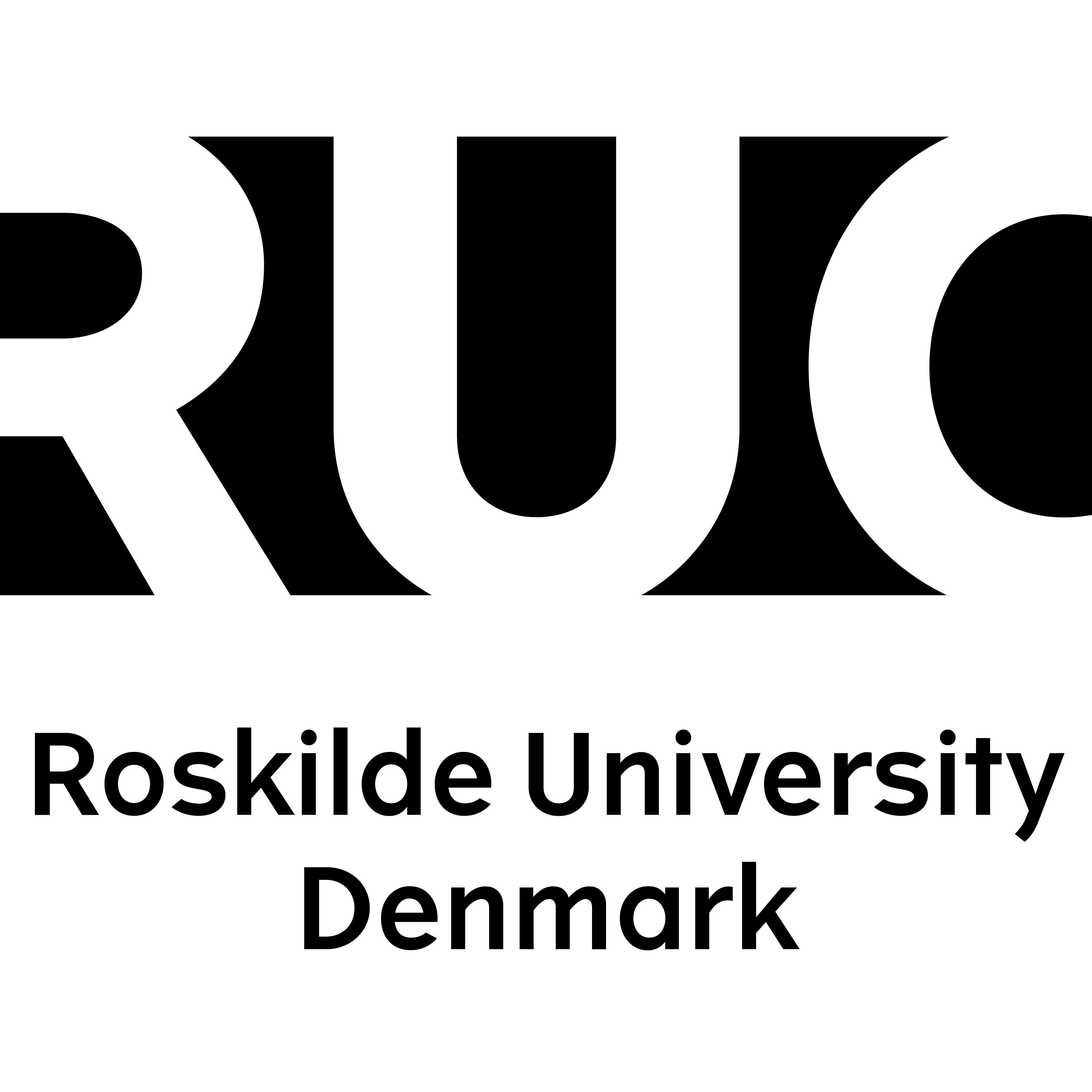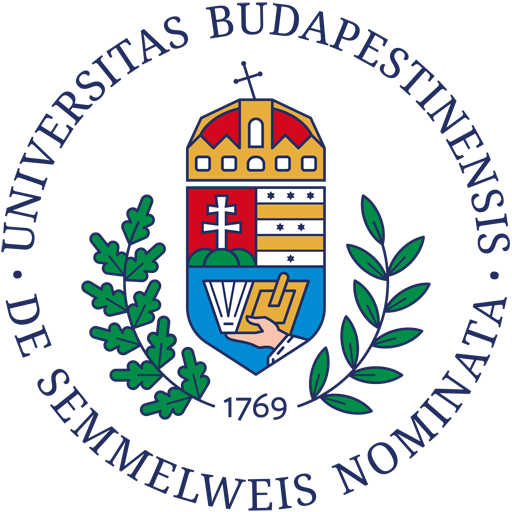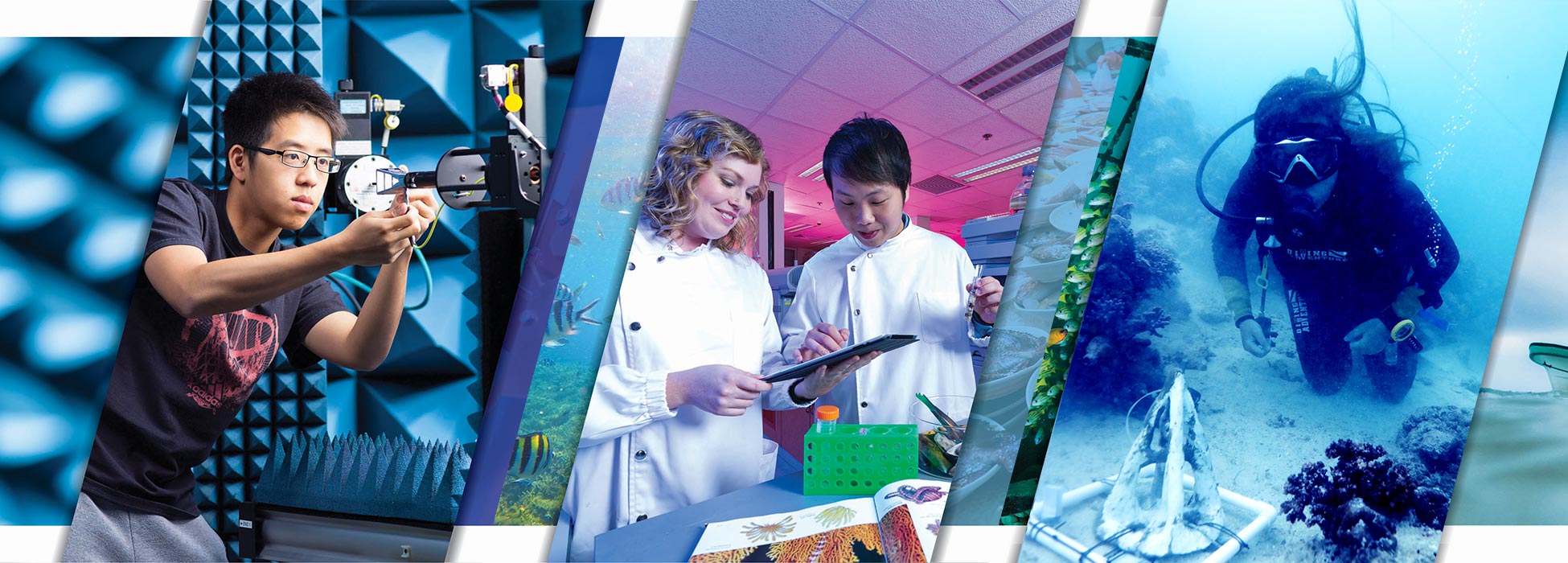About Urmia University
Basic information and contact details for Urmia University
Rankings
Select the type of rankings below to see stats
World University Rankings 2025
Breakdown via year: Teaching
Ranking positions 2019 to 2025
Discover similar universities
Find out more about studying, research and jobs at these universities
suggested
Key Student Statistics
A breakdown of student statistics at Urmia University
- Student gender ratio
- 49 F : 51 M (1)
- International student percentage
- 14% (1)
- Students per staff
- 26.5 (1)
- Student total
- 13281 (1)
Based on data collected for the (1) World University Rankings 2025
Jobs you might be interested in
You may want to explore jobs from other universities which are relevant to you
See all
Subjects Taught at Urmia University
See below for a range of subjects taught at Urmia University
Life Sciences501–600th
- Agriculture and Forestry
- Sport Science
- Veterinary Science
- Biological Sciences
Physical Sciences801–1000th
- Chemistry
- Geology, Environmental, Earth and Marine Sciences
- Physics and Astronomy
- Mathematics and Statistics
Engineering501–600th
- General Engineering
- Civil Engineering
- Chemical Engineering
- Electrical and Electronic Engineering
- Mechanical and Aerospace Engineering
